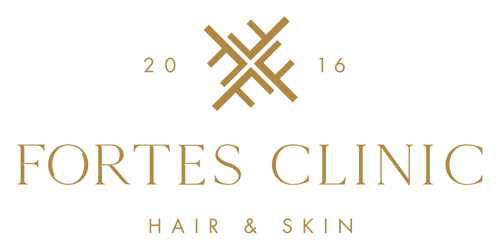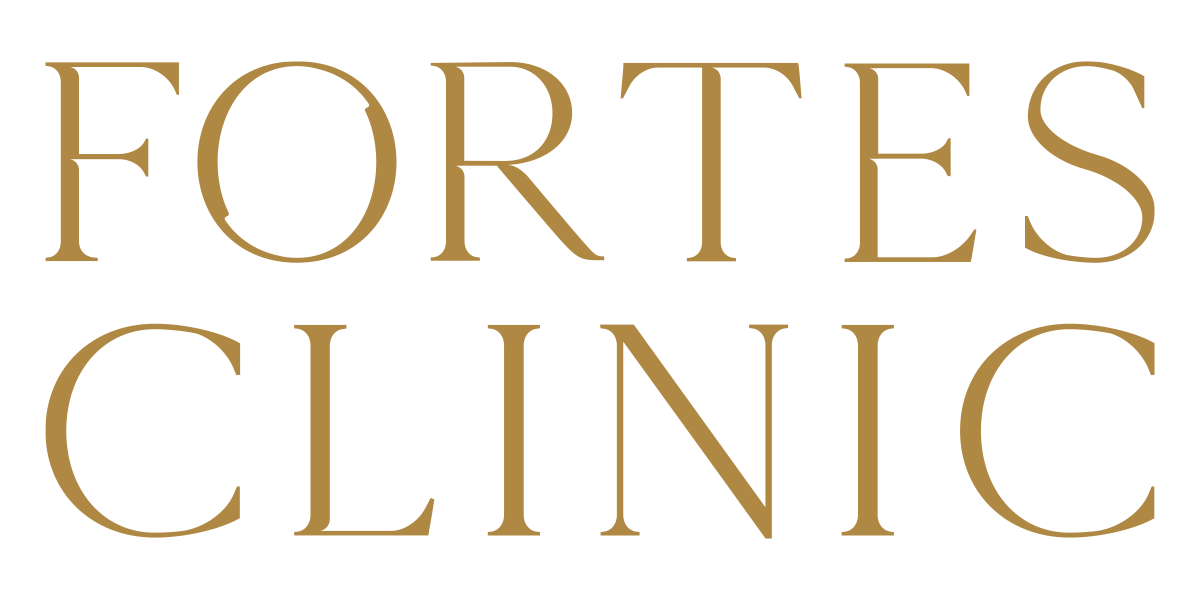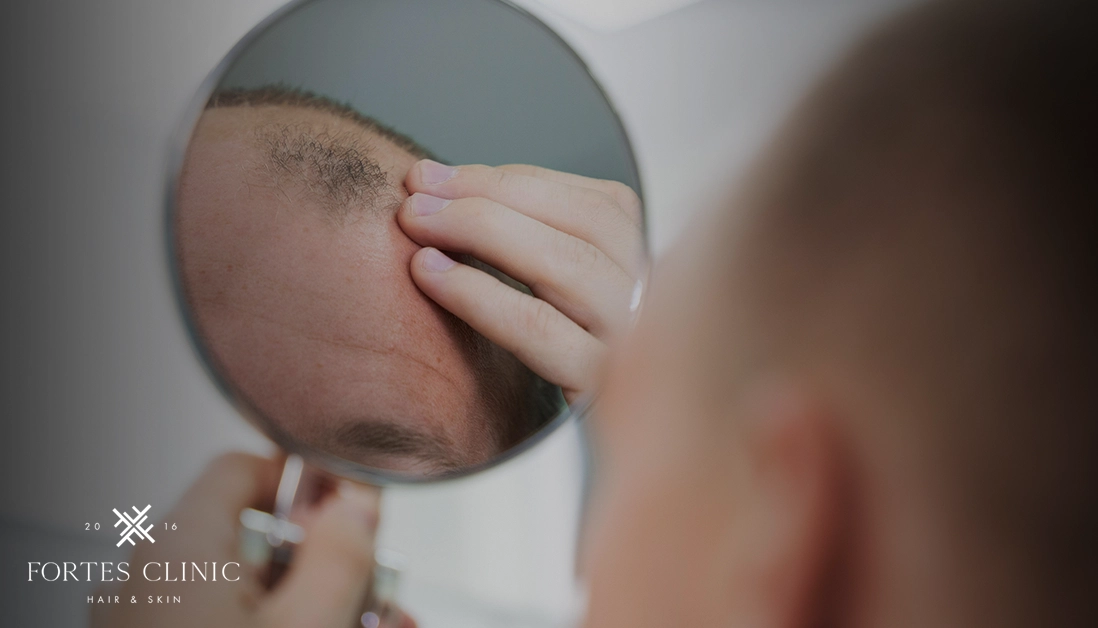Introduction
If you’ve been losing more strands of hair than you’d care to count, you may be wondering what’s at the root of the issue. Could it be stress, poor nutrition, or simply bad luck in the genetic lottery? Surprisingly, a hormone called Dihydrotestosterone, commonly known as DHT, might be your unsuspecting culprit. In this article, we’ll dive deep into the intricate relationship between Dihydrotestosterone and hair loss. Our aim? To arm you with the knowledge you need to make informed decisions about your hair health and overall well-being.
What is DHT?
Definition of DHT
Dihydrotestosterone is a derivative of the more famous male hormone, testosterone. Although present in both men and women, men typically have higher levels of it. This potent androgen hormone is vital for various bodily functions but is a key player in the field of hair loss as well.
Chemical Structure and Origin of DHT
Testosterone Conversion
Dihydrotestosterone is born out of testosterone through a process facilitated by an enzyme known as 5-alpha reductase. The transformation occurs in tissues such as the prostate gland, testes, hair follicles, and adrenal glands.
Importance of DHT in Development
Dihydrotestosterone is not a mere byproduct; it has a primary role in human development, particularly in males. It contributes to the formation of male primary and secondary sexual characteristics, such as the growth of facial and body hair, deepening of the voice, and muscle development.
The Role of DHT in the Body
Sexual Development
During puberty, elevated levels of Dihydrotestosterone contribute to the development of characteristics that distinguish males from females—think facial hair and a deeper voice. In women, while the role of DHT is less pronounced, it is still involved in regulating the menstrual cycle.
Muscle Growth
For bodybuilders and fitness enthusiasts, Dihydrotestosterone may sound familiar as it has an essential role in muscle development. However, its effect is not always positive, as we’ll discover shortly in its relationship with hair growth.
Cognitive Functions & DHT
While the studies are still inconclusive, there is evidence to suggest that Dihydrotestosterone may have some impact on cognitive functions, including memory and learning capabilities.
How DHT Affects Hair Growth
The Hair Growth Cycle
Anagen Phase
The Anagen phase is the active growth period of hair follicles. Under the influence of DHT, this phase is cut short, thereby reducing the length and strength of the hair strands.
Catagen Phase
This transitional phase is relatively unaffected by Dihydrotestosterone.
Telogen Phase
This is the resting phase where the hair eventually falls out. Dihydrotestosterone lengthens this phase, leading to more hair being in the “resting” state, and fewer in the “growing” state.
DHT and Hair Follicles
Shrinking Hair Follicles
With prolonged exposure to DHT, hair follicles begin to shrink. The result? The newly grown hair is thinner, weaker, and lighter in colour.
Shortening Growth Phase
DHT impacts the Anagen or growth phase, making it shorter. This results in hair that grows less before entering the resting phase, creating the appearance of thinning hair.
Gender-Specific Effects
In males, this often manifests as a receding hairline or balding on the crown. Women usually experience diffuse thinning, a more even hair loss throughout the scalp.
Risk Factors for DHT-Induced Hair Loss
Genetics
Family history plays a crucial role. If hair loss runs in your family, there’s a significant chance that you might experience it too due to genetic sensitivity to DHT.
Age
As we age, the body undergoes various hormonal changes, which often lead to elevated levels of DHT, thus increasing the risk of hair loss.
Hormonal Imbalances
Conditions like Polycystic Ovary Syndrome (PCOS) can cause an imbalance in hormone levels, including elevated DHT, leading to hair loss in women.
Lifestyle Factors
Diet
A diet low in essential nutrients like protein, vitamins, and minerals can exacerbate hair loss issues.
Stress
Chronic stress can lead to a cascade of hormonal changes, including increased production of DHT.
Diagnosis of DHT-Related Hair Loss
Clinical Assessment
The first step is usually a thorough examination of the scalp and hair by a qualified dermatologist, along with a comprehensive discussion about your medical history.
Blood Tests
A simple blood test can measure your hormone levels, providing clues about whether DHT is causing your hair loss.
Scalp Biopsy
In certain cases, a small sample of your scalp may be taken to rule out other underlying conditions affecting your hair health.
Other Diagnostic Tools
Hair pull tests, densitometry, and trichoscopy are additional diagnostic tools that may be used to assess the extent and cause of your hair loss.
Treatment Options
Pharmaceutical Treatments
Finasteride
Finasteride is a medication that inhibits the 5-alpha reductase enzyme, reducing DHT levels in the scalp.
Minoxidil
This topical solution is an effective hair loss medication for both male and female pattern baldness and has shown promise in stimulating new hair growth.
Natural Remedies
Saw Palmetto
This herbal remedy is thought to act in a similar way to finasteride by inhibiting the conversion of testosterone to DHT.
Pumpkin Seed Oil
Rich in antioxidants and fatty acids, pumpkin seed oil can nourish the scalp and may inhibit the enzyme responsible for DHT production.
Surgical Options
Hair Transplant
For those looking for a more permanent solution, hair transplantation surgery can offer a long-lasting remedy for baldness.
Experimental Treatments
Clinical trials are underway for new treatments involving stem cells and other innovative approaches, although these are not yet widely available.
Prevention Tips
Dietary Guidelines
Consuming a balanced diet rich in essential nutrients can play a role in maintaining healthy hair. Foods rich in antioxidants, like berries, and those high in protein can promote hair growth.
Lifestyle Changes
Regular exercise and stress management techniques like meditation can help in reducing DHT levels in the body.
Early Intervention
Acting early can offer you a wider range of treatment options and a higher likelihood of reversing the damage.
FAQs
Is DHT always bad for hair?
No, DHT is essential for the growth of body and facial hair, particularly in males. However, in excessive amounts, it can lead to scalp hair loss.
Can women also be affected by DHT-related hair loss?
Absolutely. Women can experience hair thinning due to elevated levels of DHT, although the pattern is usually different from that in men.
What is the most effective treatment for DHT-induced hair loss?
The answer varies depending on the individual, their hormone levels, and other personal factors. Consult a dermatologist for a tailored treatment plan.



